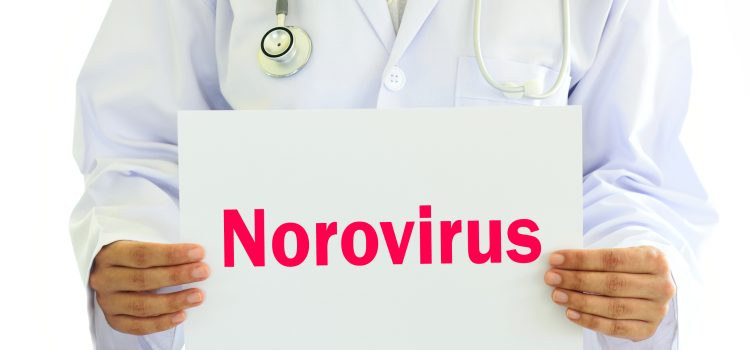
As the world grapples with the ongoing COVID-19 pandemic, there are other viruses that need to be on our radar. Norovirus is one of them. Norovirus is a highly contagious virus that can cause severe gastrointestinal issues and is most commonly seen in winter months. It affects people of all ages but can particularly impact children and people with weakened immune systems. If you’re looking for information about how to prevent, recognize symptoms, or treat norovirus, you’ve come to the right place! In this blog post, we’ll go over what you need to know about norovirus so you can protect yourself and your loved ones from it.
What is Norovirus?
Norovirus, also known as the stomach flu, is a highly contagious virus that causes vomiting and diarrhea. It is the most common cause of foodborne illness in the United States. The virus is found in the stool or vomit of infected people. It can spread through contact with contaminated surfaces, food, or water; contact with an infected person; or exposure to aerosmated air particles. Symptoms usually include abdominal pain, diarrhea, vomiting, and sometimes fever. The illness usually lasts one to three days. There is no specific treatment for norovirus other than drinking plenty of fluids to replace lost fluids and preventing dehydration. Most people recover without incident. However, some people may develop severe diarrhea and require hospitalization for rehydration therapy. Norovirus is more likely to cause serious illness in young children, the elderly, and people with weakened immune systems.
Norovirus Symptoms
Noroviruses are a group of viruses that cause severe vomiting and diarrhea. The most common symptom of a norovirus infection is sudden onset of vomiting and/or watery diarrhea. Other symptoms may include:
-Nausea
-Stomach cramps
-Fever
-Body aches
-Headache
-Coughing
-Sneezing
Most people with a norovirus infection will recover within a few days without any medical treatment. However, the dehydration caused by the vomiting and diarrhea can be severe, especially in young children and the elderly. If you or someone you know has any of the above symptoms, it’s important to drink plenty of fluids and seek medical attention if necessary.
Norovirus Treatment
Norovirus, also known as the stomach flu, is a highly contagious virus that can cause vomiting and diarrhea. It is most commonly spread through contaminated food or water, but can also be spread through contact with an infected person. The virus can cause severe dehydration, so it is important to seek medical attention if you or your child develop symptoms of norovirus. There is no specific treatment for norovirus, but there are ways to ease the symptoms and prevent dehydration. drink plenty of fluids, especially clear liquids like water, sports drinks, and broth soups. Avoid dairy products, caffeine, and alcohol. Eat small meals more frequently throughout the day instead of three large meals. Rest when possible. Drink oral rehydration solutions (ORS) to prevent dehydration. Over-the-counter medications like anti-nausea drugs and pain relievers can help ease symptoms.
When to Seek Medical Attention for Norovirus
If you have norovirus, you will usually start to feel sick within 12 to 48 hours after being exposed. The illness typically lasts for 1 to 3 days. Most people recover without any treatment.
However, there are some cases when you should seek medical attention, especially if you are:
-Dehydrated from vomiting and/or diarrhea
-Have blood in your vomit or stool
-Are unable to keep down liquids
-Have a fever over 101 degrees Fahrenheit
-Have abdominal pain that is severe or persistent
-Are pregnant
Conclusion
Norovirus is a highly contagious virus that can cause unpleasant symptoms and even serious complications in some cases. It’s important to take preventive measures, such as washing hands regularly, to protect yourself from norovirus infection. Knowing the signs and symptoms of norovirus can help you recognize an infection early on so that you can seek treatment promptly if necessary. With the right preventative steps and prompt medical attention when needed, most people are able to recover quickly from a norovirus infection with no lasting effects.










